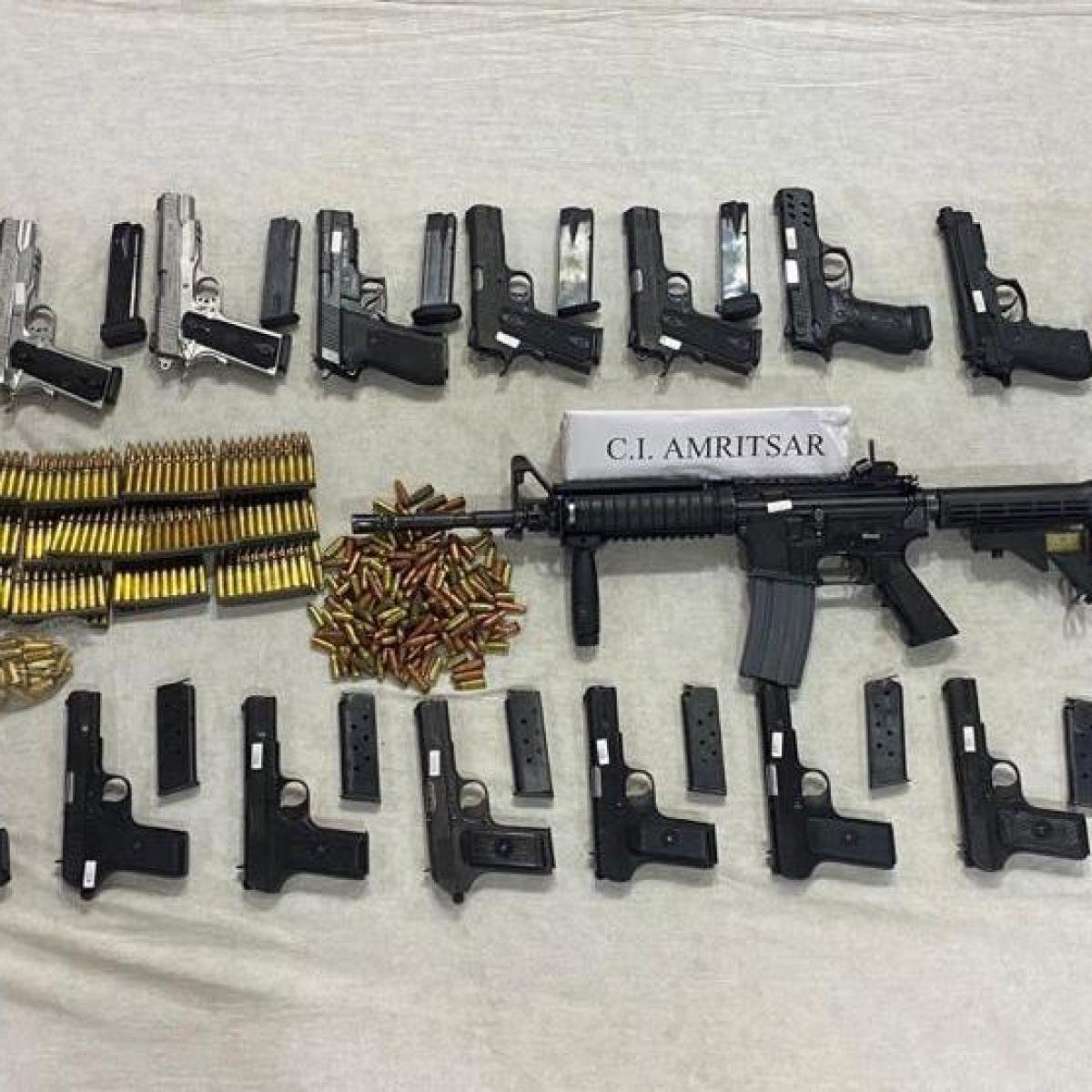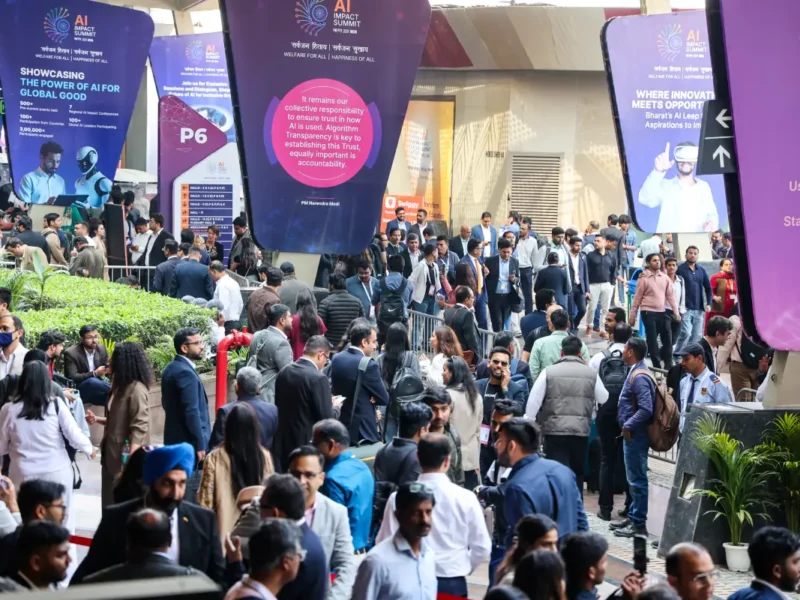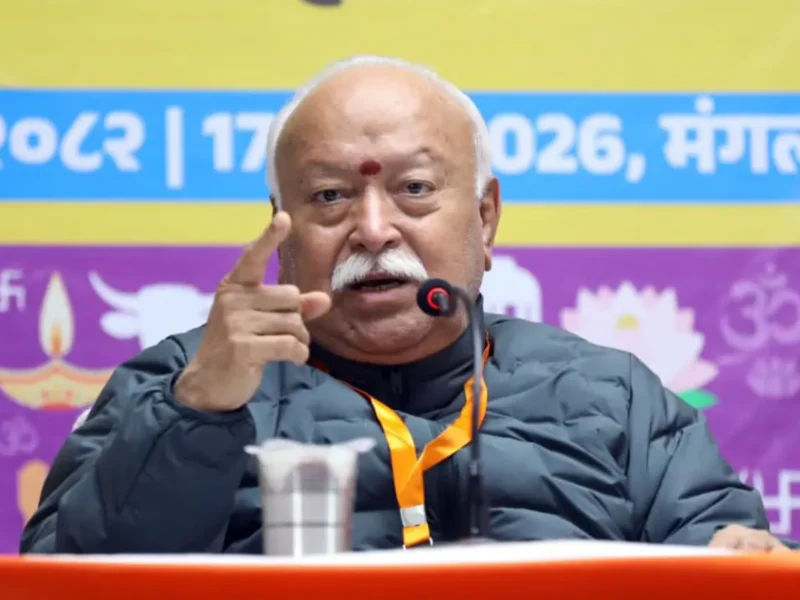
Punjab Awash In Foreign-Made Guns
CHANDIGARH, (IANS) – The registration of thousands of foreign-made weapons continues in Punjab in gross violation of an Indian order that banned the import and registration of all foreign-made weapons in India with a few exceptions. The involvement of Gun Houses that are retail sellers of firearms, in facilitating this illegal trade cannot be ruled out.
In Punjab over 4 lakh weapons including pistols, revolvers, and guns stand registered to date. According to one estimate by a senior police officer, more than 30 percent of these weapons are foreign-made and have been registered in violation of the Union Government’s order.
The Ministry of Finance, Government of India in its letter dated January 5, 1988, states that the import of firearms is strictly prohibited implying that these cannot be registered by District Magistrates. The exception has been made only for renowned sports persons participating in shooting competitions who are allowed to import sports-grade weapons that too after obtaining a license from the competent authority. These sports-grade weapons cannot be sold for a period of three years.
Import of one firearm has also been allowed to persons on the transfer of their residence from abroad subject to the condition that the same was in their possession and used abroad for a minimum period of one year. “They shall not sell, loan, transfer, or otherwise part with it for consideration or otherwise, during their lifetime…,” says the letter.
Inquiries with Punjab Government’s Home Department and the Police reveal that no data is available to show how many foreign-made weapons are present in the state and for how long. Though the officers admitted that foreign-made weapons continue to be registered by Deputy Commissioners in all the districts on the recommendation of respective Senior Superintendents of Police.
A retired DGP of the Punjab police explains that foreign-made firearms entered India in large numbers before 1988 and could be easily purchased from arms dealers then. It is those weapons that continue to change hands from one person to another.
He says in gross violation of the 1988 Rules, the sports people are known to be importing foreign-made weapons and getting them registered on the grounds that those are needed for practice. The real reason, however, is that foreign-made weapons fetch a high price in the open market and are transferred to non-sports persons leading to arms proliferation in Punjab despite the ban.
A shooter revealed the modus operandi adopted for the sale of foreign-made weapons in the open market. Once a shooter participating in an event qualifies for the next level, he is issued an import license to buy, for example .22 mm single-shot sports rifle and 15000 cartridges to practice from a country of his choice. But instead, he imports a more expensive multiple-shot field rifle of .22 mm caliber which costs around Rs 2 lakh abroad which he keeps for a mandatory 3 years. A sports rifle has a heavier barrel and costs around Rs 1.5 lakh.
Next year again the sportsman qualifies, and he is issued another import license for a gun. As a result, several field guns and thousands of cartridges become available while only a few are used for practice by the shooters.
And in many cases, the shooters take a required sports rifle on rent for participating in the event. These guns are available at a rent of Rs 40000 to Rs 50000 per day. The imported rifles are sold to interested individuals or retail Gun Houses at a price ranging from Rs 14 lakh to Rs 15 lakh booking a profit of over Rs 13 lakh per gun.
Gun Houses even buy smuggled foreign-made weapons and issue bills by mechanically fixing the digital numbers of old weapons bought from junk dealers, which they destroy. The officials of the licensing branch in the office of DCs “blindly” register the weapon without mentioning the name of the manufacturer and the country of its origin. Hence, the Punjab government has no data about the number of foreign-made weapons present in the state.
To a question, the retired DGP said that it was not for the SSPs to see if a weapon is Indian or foreign made, the police are only responsible for verification of the character of the license seeker. “It is for the DCs to see whether the rules permit the weapon to be registered,” he said.



